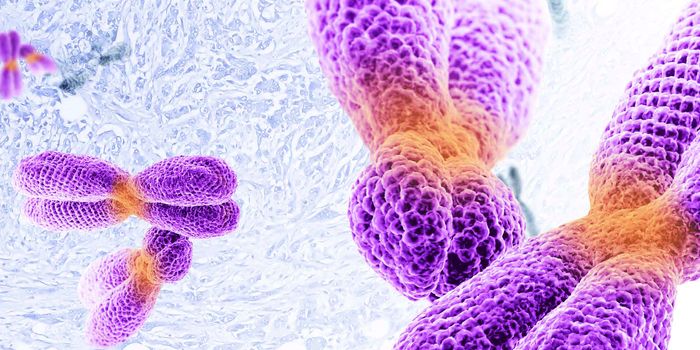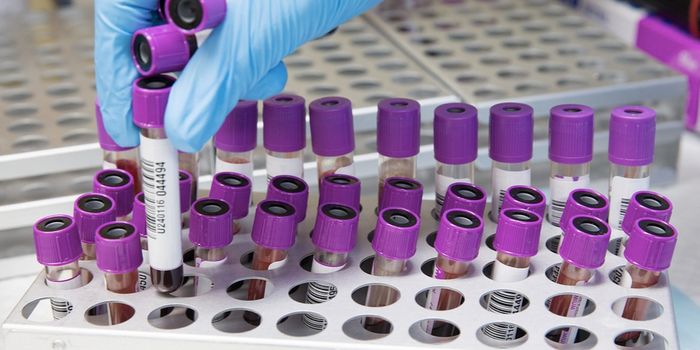The Unseen Barriers Surrounding Pancreatic Cancer
Pancreatic cancer is one of the deadliest cancers in the world. With a poor five year prognosis and lack of effective treatments, researchers have been forced to find alternative ways to treat it. A group from Germany took a step back and decided to investigate the advance of pancreatic cancer from a broader view. Thinking in terms of spatial organization rather than cellular mechanisms, they began their work.
Typically treatments target a specific signaling pathway by activating or inhibiting them with a drug of some sort. With pancreatic cancer, current drug targets have proven to be ineffective. New targets would need to be identified. Starting with pre-cancerous tumors called intraductal papillary mucinous neoplasms (IPMNs), this group followed the development of IPMNs from early to late-stage into full invasive cancer.
One of the first things they noticed was that even in benign IPMNs, the immune system had already begun to accumulate immune cells to fight it. A surprising observation was that T-cells could not reach IPMNs directly. Their levels in surrounding tissues were higher than those directly around the IPMN, inferring there was a selective barrier of some sort controlling the microenvironment surrounding IPMNs. In contrast, macrophages known to impair anti-tumor activity were able to accumulate in regions directly next to the IPMN. This unknown barrier is an exciting find, and possibly a path for further research.
The group then began to follow T-cell levels from early, to advanced IPMNs, to pancreatic cancer. All T-cells in the investigation decreased in levels as IPMNs progressed towards malignancy, with the exception of Tregs. Tregs, or T regulatory cells, are a group of immune cells that control the activity of other T cells to prevent over-active responses. Initially following the trend of decreasing levels in the progression of IPMNs, the Treg levels in pancreatic cancer were far higher than even IPMNs in early stages. At some point, it seems that Treg levels increase beyond the active T-cell levels and manage to suppress the anti-cancer immune response, possibly causing full carcinogenesis.
The findings in this work show the interesting evolution of the immune response surrounding pancreatic cancer formation. The gradual loss in the T-cell levels as benign tumors progress into malignancy show the gradual decay of the effectiveness of the innate immune system in the case of carcinogenesis. The sudden shift in Treg levels seen from late-stage IPMNs and full pancreatic cancer leads the group to believe that at some point, the microenvironment around the tumors shifts dramatically, and full malignancy occurs. An investigation into this shift could lead to preventative treatments, catching pancreatic cancers before they become malignant and terminating the future need for chemotherapy.
Sources: EBioMedicine, John Hopkins Medicine









